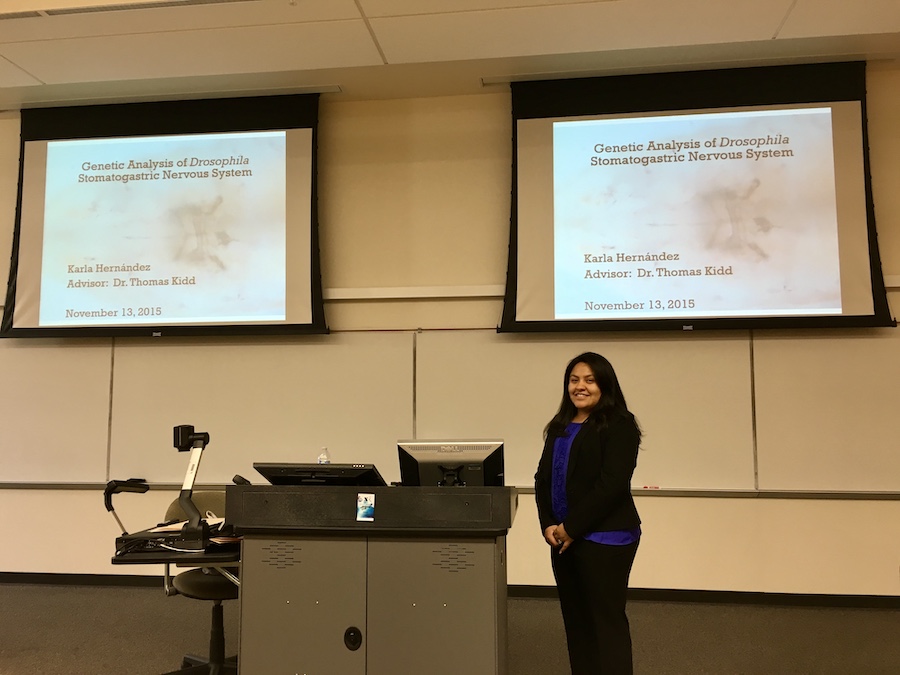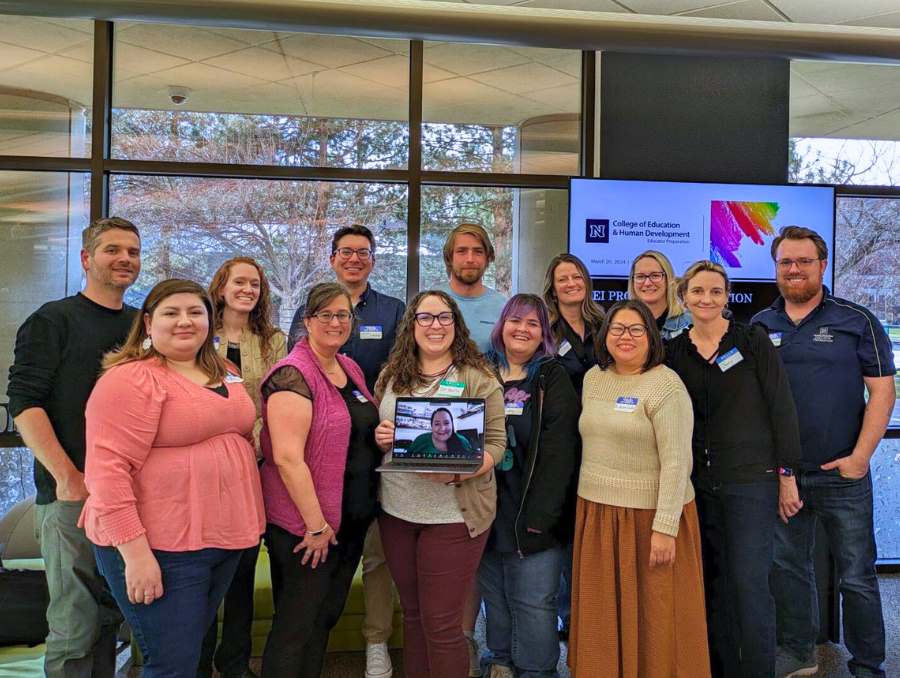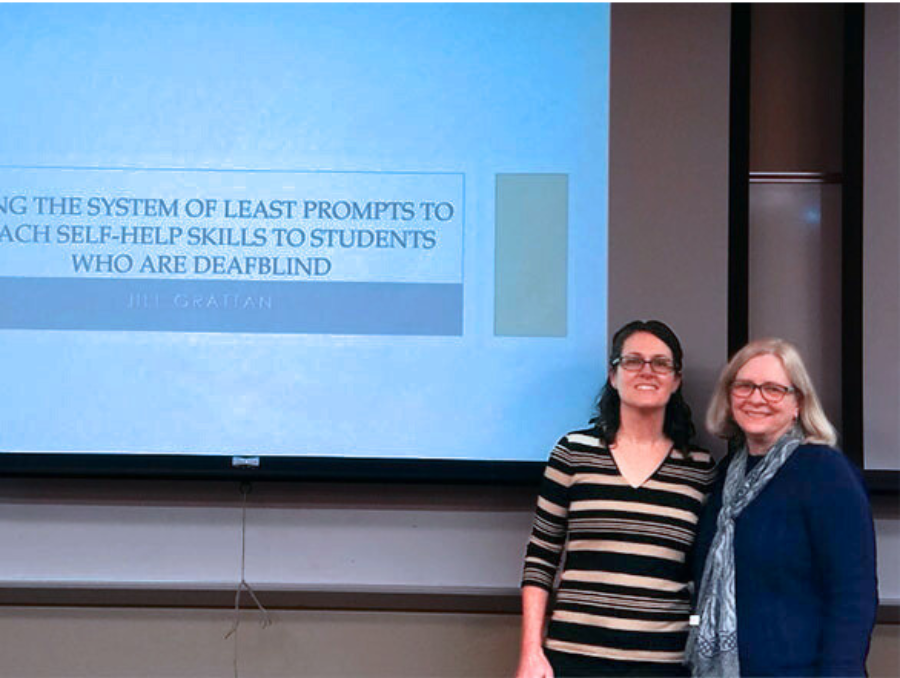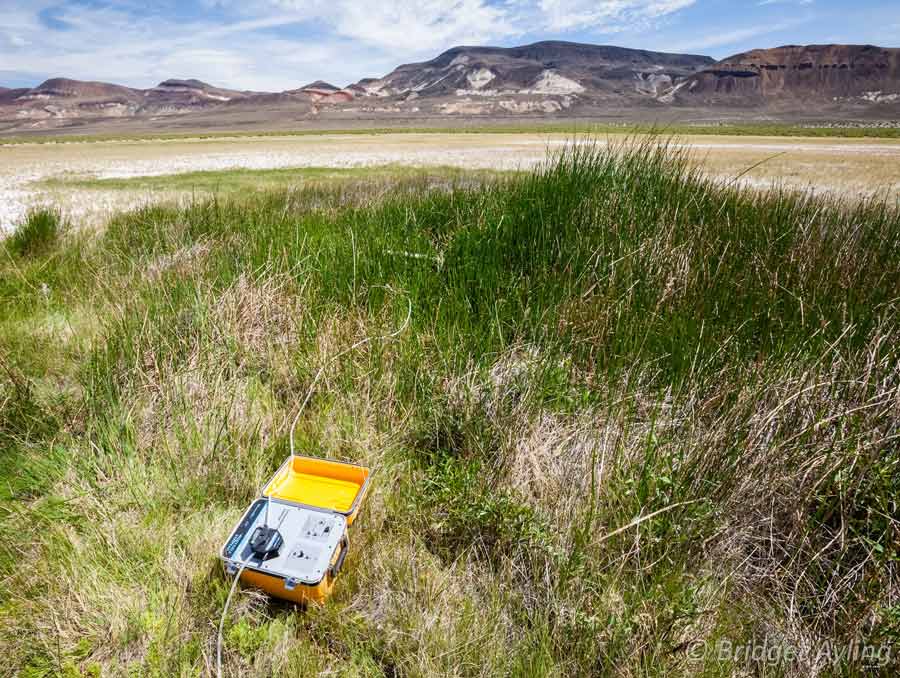A treasure trove of information on the Latino community is contained in the simple white covers of Border-Lines, the Latino Research Center's new journal.
The articles in the first issue, released for purchase at $15 in December 2006, cover a wide range of topics concerning Nevada's Hispanic population.
"It deals with immigrant students' needs, retaining Spanish as a language among Latinos in Nevada, Latinos in higher education, Latino contributions to the economy of Nevada, and organizing women in the union," said Emma Sepulveda, foundation professor of foreign languages and literatures and director of the Latino Research Center. "Everything is related to Nevada."
The publication was a result of the center's desire to publish the findings of current research about the state's Latinos. According to Sepulveda, 25 percent of the population of Nevada is Latino and the need to provide important information about the Latino community to the Hispanic public and the general populace is increasing.
"We need to inform the Latino community about these issues," Sepulveda said. "We need to inform the community at large about issues that affect the Latino community."
The publication's editorial board, made up of Sepulveda and researchers from other universities, invited authors from across the nation to lend their expertise for the first edition.
Each Border-Lines issue will be centered on a main topic, just as the topic of the essays in the first journal was Nevada's Hispanic community. The editorial board will select articles for subsequent volumes related to the chosen focus.
"It was invitation only," Sepulveda said. "From now on, an editorial board will pick and choose essays according to topic."
Although the primary target of Border-Lines is the Hispanic community, Sepulveda believes the topics addressed in the journal can affect the entire population of Nevada.
"It's such a large population," Sepulveda said. "There are a lot of myths and misconceptions about who we are, where we come from, what we are doing here, and what the contribution that we give to this country is." Sepulveda was born in Argentina and raised in Chile before moving to the United States as a young woman.
The response to the publication, although it has only been available for about a month, has been positive. Sepulveda said many were already asking about the upcoming issues. The positive reaction to the first edition should spur an increase in the number of issues published a year and encourage more research into the Latino community, Sepulveda said.
"I see it growing in terms of the number of pages and copies being published more than once a year," Sepulveda said.
NevadaToday











